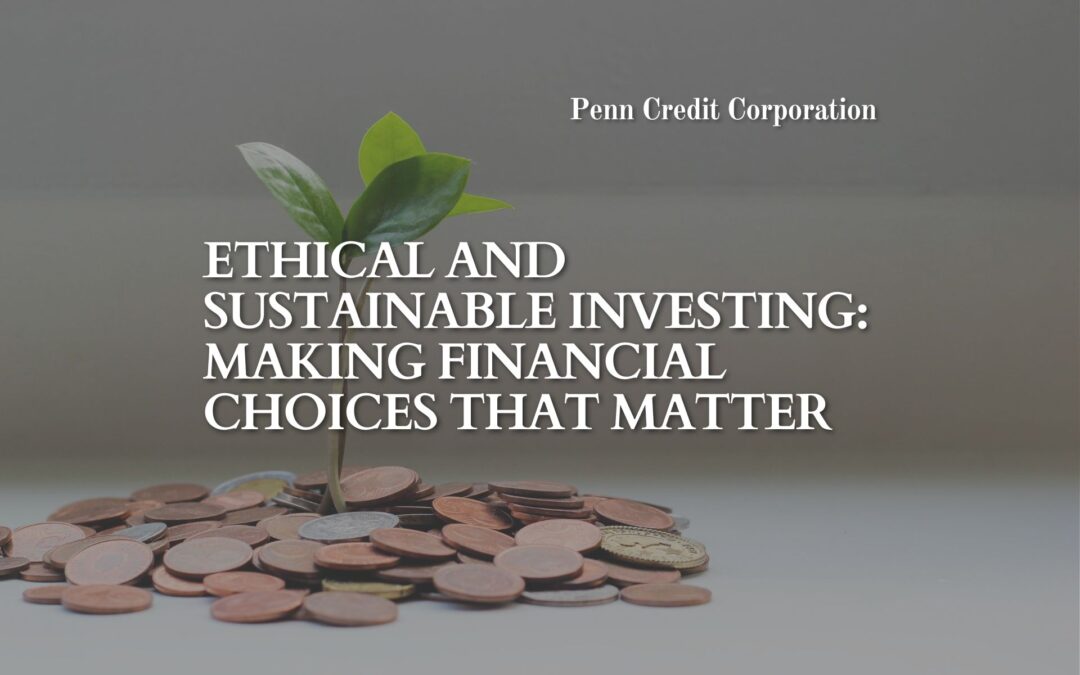Investing is not just about financial returns; it’s also about making choices that align with your values and contribute to a better world. Ethical and sustainable investing allows you to put your money into companies and initiatives that positively impact society and the environment.
Understanding Ethical and Sustainable Investing
Ethical and sustainable investing, often referred to as socially responsible investing (SRI) or environmental, social, and governance (ESG) investing, focuses on two main aspects:
Ethical Considerations: Ethical investing involves avoiding companies that engage in practices that conflict with your personal values. This can include avoiding investments in industries such as tobacco, firearms, or companies with poor labor practices.
Sustainability: Sustainable investing considers the environmental and social impact of investments. It supports companies prioritizing environmental responsibility, social justice, and corporate governance.
Benefits of Ethical and Sustainable Investing:
Alignment with Values: By investing ethically, you can support causes and values that are important to you, whether it’s environmental protection, social justice, or human rights.
Long-Term Viability: Companies prioritizing sustainability and ethical practices are often better positioned for long-term success, as they are more likely to adapt to changing market conditions and regulations.
Positive Impact: Ethical and sustainable investments contribute to positive social and environmental changes, making the world better for future generations.
Making Financial Choices That Matter:
Research and Due Diligence: Take the time to research companies and funds that align with your values. Look for companies that have transparent ESG policies and practices.
ESG Ratings: ESG ratings evaluate companies based on environmental, social, and governance performance. Consider using these ratings to guide your investment decisions.
Diversification: Diversify your ethical and sustainable investments to manage risk and ensure a balanced portfolio.
Investment Vehicles: There are various investment vehicles, including mutual funds, exchange-traded funds (ETFs), and impact investing funds, that cater to ethical and sustainable investing.
Engagement: Some investors engage with companies to encourage positive change from within. This can involve attending shareholder meetings and voicing ethical and sustainable practices concerns.
Challenges and Considerations:
Performance: Ethical and sustainable investments can sometimes be misunderstood as underperforming. However, many studies have shown they can be competitive with traditional investments over the long term.
Personal Values: Ethical considerations are subjective, and what’s ethical for one person may not be the same for another. Take time to clarify your own values and priorities.
Research Depth: Thoroughly research the companies or funds you’re considering. Some companies may engage in greenwashing, presenting a misleading image of their sustainability practices.
Ethical and sustainable investing allows you to align your financial goals with your values. By researching, diversifying, and engaging with companies, you can make financial choices that positively impact the world while aiming for competitive returns. Ethical and sustainable investing proves that you don’t have to choose between financial growth and making a difference – you can achieve both through thoughtful investment decisions.

